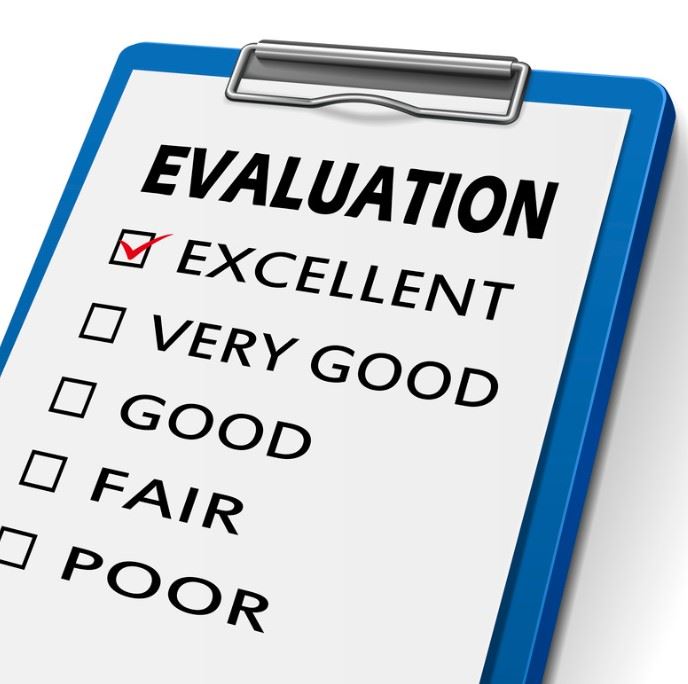 Jonnae Thompson has felt for a long time that her dark brown skin and natural hair have made finding work in Hollywood especially hard. [ KFF Health News]
Jonnae Thompson has felt for a long time that her dark brown skin and natural hair have made finding work in Hollywood especially hard. [ KFF Health News]
“It’s like this negative connotation,” said the 37-year-old actress, singer, and stand-up comedian, who said she is often asked to audition for villainous roles such as a bully, drug dealer, or pimp.
Her quest for more equitable representation on the big screen isn’t just professionally exhausting. Thompson says anxiety about her skin complexion has affected her health.
“It definitely had a negative impact on my self-esteem,” she said. She recalls being called “charcoal” in kindergarten. “It was big, like, your skin is dark and that’s a problem.”
The term colorism — a form of prejudice and discrimination in which lighter skin is favored over darker skin — was popularized by author Alice Walker in her 1983 book “In Search of Our Mothers’ Gardens: Womanist Prose.”
Clinicians from various ethnic groups have recently begun to draw a direct line between colorism and poor health. A 2023 KFF survey found that, among Black and Hispanic adults, those with self-described darker skin tones reported more experiences with discrimination in daily life compared with those who have lighter skin tones. People who feel they experience daily discrimination can be at higher risk for depression, loneliness, increased alcohol and drug use, and anxiety, data shows.
And colorism can also lead to physical health concerns. Hair straighteners and skin lighteners commonly used by women of color, sometimes to conform to racialized beauty standards, increase their exposure to toxic chemicals, research shows.
More>
###
